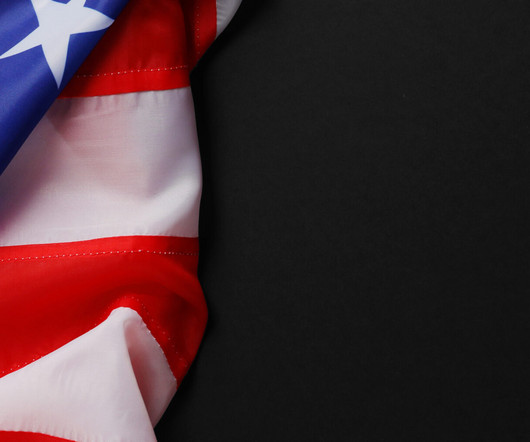Fireside Friday with… ION’s Edoardo Pacenti
The TRADE
SEPTEMBER 20, 2024
One counterparty defaulting could pass risk on to another party, this in turn could have a cascading effect on liquidity across the market. In addition, currently, the Fixed Income Clearing Corporation (FICC) is indirectly exposed if one of its members makes a trade with a non-member and subsequently defaults on the transaction.











Let's personalize your content